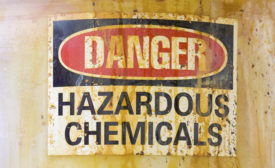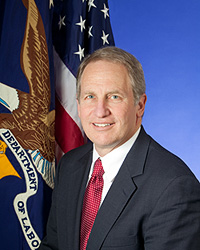Home » environment.
Articles Tagged with ''environment.''
Public health experts slam Trump administration's "anti-evidence policy"
“Now is not the time to silence science”
August 29, 2017
Bottled water ok again in national parks
Environmentalists fuming over reversal
August 25, 2017
Become a Leader in Safety Culture
Build your knowledge with ISHN, covering key safety, health and industrial hygiene news, products, and trends.
JOIN TODAYCopyright ©2024. All Rights Reserved BNP Media.
Design, CMS, Hosting & Web Development :: ePublishing









